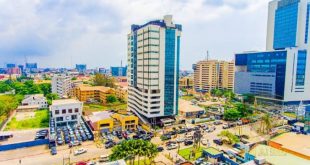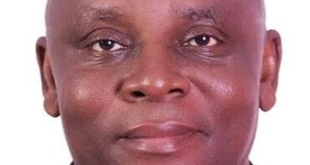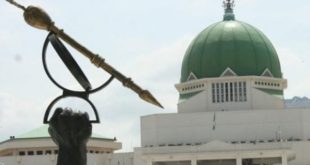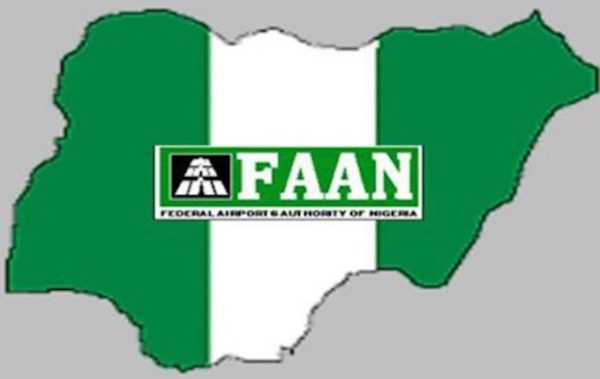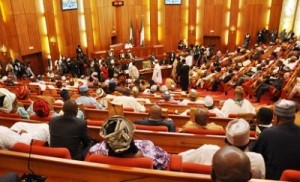
The Ports and Harbour bill is regarded as one of the most crucial bills to Nigeria’s maritime sector. The bill was designed to provide adequate framework for the private sector participation and to promote efficiency based on the principles of accountability, fairness, competition and transparency. However the non passage of the bill has become a major cause for concessionaires to be worried because the bill when passed into law assures the terminal operators of the concessioning.
Ports and Harbour Bill is one which should have been enacted alongside the 2006 port concessioning programme, yet it is still pending ten years after. The bill when passed into law ought to give a legal backing to the entire port reform programme and also create an Independent Port Regulatory Commission for the port industry as done in other climes where the landlord port model, such as Nigeria’s is practiced.

The National Assembly itself, precisely the House of Representatives had initiated the bill following the conclusion of the port reform programme by the Bureau of Public Enterprise without a legal framework. Ten years after cargo handling operations have been handed to private operators following the port reforms in 2006, the legal framework is still pending.
A source at the legislative arm of the Federal Government once hinted that it was in a bid to structure out a suitable funding structure for NPA that the bill has been subjected to such undue delays.

According to him, section seven of the bill, which is also in tandem with other existing legislations stipulates that all fund must be paid into the Federal Government Consolidated Account, which NPA vehemently opposed under the new dispensation.

The bill had already gone through the second reading and following a stakeholders meeting that the Authority cried out that the import of that section is that NPA would have go through the statutory approval for it to carry out its functions.
Similarly in 2014, the duo of the Senate Committee and House of Representatives Committee on Marine Transport accused the Presidency of delaying the bill following the failure of the presidency to summit the Nigerian Ports and Harbour Bill for necessary action.
While the delay of this crucial maritime bill continues to raise questions among many industry stakeholders, toady the Treasury Single Account (TSA) must have dispelled the plight of the NPA over the transfer of funds into federal government coffers but the private investors who are the concessionaries remain in uncertainty over the port reforms.
One thing is certain and it is that the bill has stayed so long and thus needs a critical review or a complete rewrite. The National Assembly has its job cut out to restructure and pass this bill which has been labeled as the most crucial among the pending maritime bills.
The maritime sector of the transport industry has tremendous potentials that are yet to be tapped by successive governments. After oil and gas, whose PIB is before the National Assembly, the maritime sector remains a veritable revenue earner and the Ports and Harbour bill is one that is so crucial to Nigeria’s maritime domain.
Other maritime bills before the National Assembly include, the Chartered Institute of Shipping of Nigeria Bill, the National Transport Commission Bill, the Bill establishing the Economic Regulator (shipping sector), the National Inland Waterways Authority Bill, the Maritime Security Agency Bill, Nigeria Railway Bill, the Maritime Zones Bill, etc.
By Kenneth Jukpor
 MMS PLUS NG – Maritime, Aviation, Business, Oil and Gas News Online Newspaper with coverage in Maritime, Oil and Gas, Aviation, Power and Energy as well as Financial News
MMS PLUS NG – Maritime, Aviation, Business, Oil and Gas News Online Newspaper with coverage in Maritime, Oil and Gas, Aviation, Power and Energy as well as Financial News



